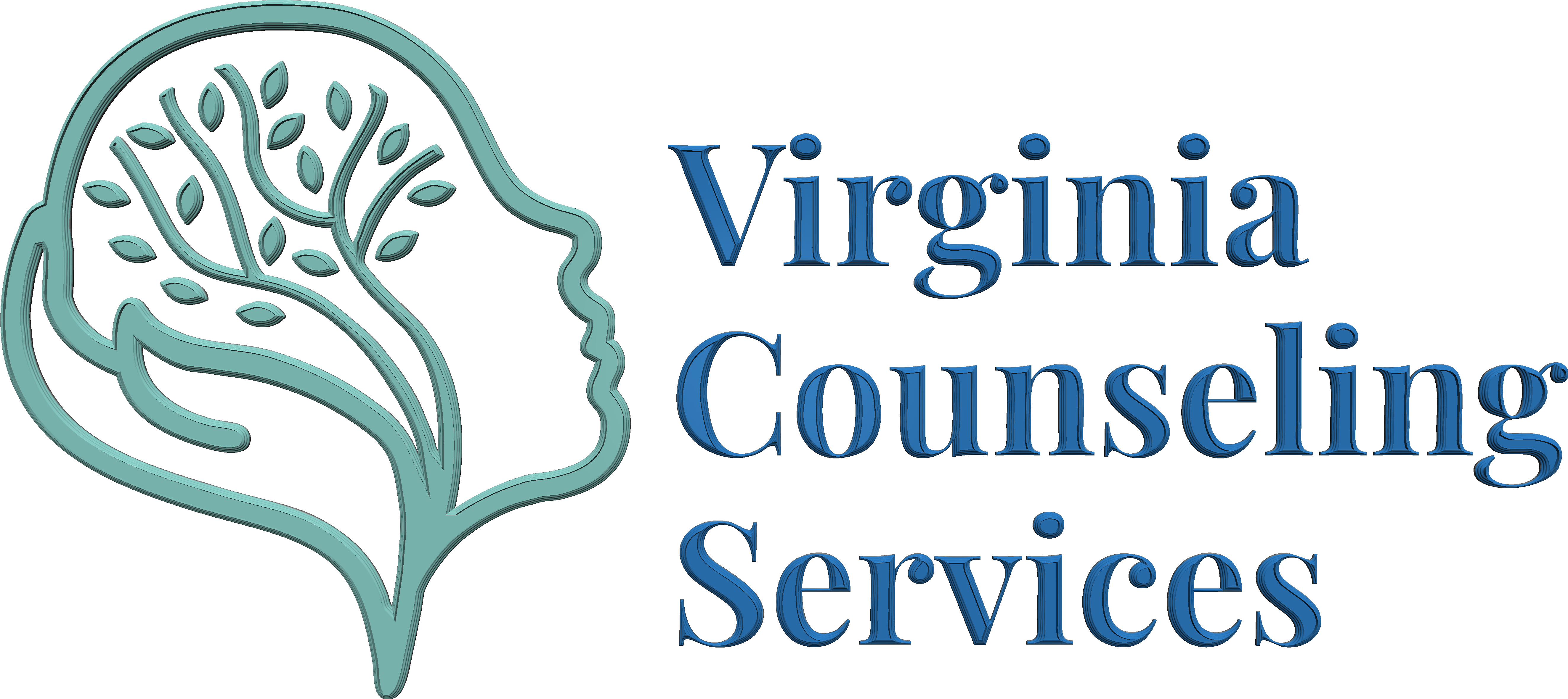Changes and experimentation are characteristic of teenage years. It is a time of transition, of going from a child to an adult, and often involve the use of legal and illegal drugs and alcohol. Many parents struggle through this period and become frustrated when confronted with their child’s drug and alcohol use. Here are some of the most frequently asked questions I receive on a weekly basis and the answers I’ve provided.
Q. “How do I know what is experimentation and what is a problem?”
It is common for adolescents to try different substances. It can be once or a few times, but it never becomes a regular activity. Trying mood altering substances is normal for many teens as they test different taboos and boundaries that have been placed on them. This does not condone use, but it gives parents relief that it is not only their child going through this phase.
It becomes a problem when it starts repeating and causing problems in other aspects of their lives. Their grades start declining, there’s more conflict at home, delinquency, or other rapid changes occur. Some of these could be attributed to adolescence, but when they occur drastically and frequently, this is a sign that drug and alcohol abuse may be an explanation.
Q. I used (cocaine, marijuana, nicotine, club drugs, etc) and/or alcohol when I was young. How can I talk to my child without being hypocritical?
This is a common concern of many parents. The drug and alcohol use by the adolescent reminds parents of their use when they were younger. The teen may even know this and use it as an argument as to why they’re doing it. The argument “Well, you did it. Why can’t I?” and other variations of that immobilizes parents everywhere. Remember:
1. The fact that you made it through this phase without a problem does not necessarily mean your teen will do the same. Don’t let yourself get caught up in debating your past, which is unchangeable, instead of what can potentially happen for your teen.
2. You have seen first hand the effects of drugs and alcohol. You have been around much longer than your teen and have probably witnessed many of your own friends and family members suffer through drug and alcohol problems. Even though you experimented and perhaps suffered no negative consequences, there are many others that are not so lucky.
3. So you used drugs, maybe even had a problem with alcohol…. you are the parent. This is not about you, it is about them. The fact of the matter is that you don’t approve of them using drugs or alcohol. Give your reasons, but be sure the point is clear: your disapprove of their use.
Q. I used (cocaine, marijuana, nicotine, club drugs, etc) and/or alcohol when I was young. Should I tell them about my experiences?
This depends on each parent’s level of comfort discussing it. If you feel comfortable talking about it, using it as a teaching tool, and think your child may be receptive to it, then go for it. If not, then don’t talk about it. Ask other parents for their feedback and see what they have tried and how it has worked.
One word of caution if you decide to discuss your past experiences with drugs and alcohol: be careful how you talk about it. Although many people have positive experiences, funny stories, or other anecdotes of fun times, this is not the time to be discussing this with your teen when you are trying to dissuade them from using. Glorifying drug and alcohol use is the last thing a parent wants to do. How is a teen supposed to refuse any substance when they have the stories of the fun their parents had when under the influence?
Use your past history as a learning tool and be weary of how you express your past experiences with drugs and alcohol.
Q. How can I tell if my child is using drugs?
Here are some common symptoms to look out for:
• Changes in appetite/sleep patterns
• Changes in physical appearance; lack of interest in clothing, grooming or looks
• Withdrawal from social and important activities
• Sudden need for money and secretive about where it is going
• Sudden change in friends and lying about locations
• Changes in personality or attitudes
• Neglecting responsibilities; drop in grades
• Irritable, violent, or more aggressive
• Demanding more privacy; locking doors; avoiding eye contact; sneaking around
• Paranoid or anxious for no apparent reason
• Bloodshot eyes, pupils larger or smaller than usual
• Unusual smells on breath, body, or clothing
• Tremors, slurred speech, or impaired coordination
• Long periods of time without eating or sleeping
• Changes in health
Q. I think my child is abusing drugs, what can I do?
Don’t jump to conclusions – All because your child comes home with blood shot eyes one day does not immediately mean they have been smoking weed. Sometimes over-vigileance causes parents to see drug and alcohol symptoms unnecessarily. Look for symptoms and especially for odd behaviors occurring more and more.
Do not talk to your adolescent if they are intoxicated. In that moment, they are not receptive to what you are saying.
Control your emotions and be calm. When confronting them on their behaviors or your concerns, do it from a concerned and loving approach. No matter how the conversation turns, do not let your emotions take over. Keep calm, breath deeply.
Do not lecture. Having a conversation is a two-sided event. Listen to your child and what they say. Lecturing them simply gives them an opportunity to sit there, stare at you, and tune everything you are saying out.
When in doubt, seek professional help. Contact a school counselor or other mental health professional.
Call John-Mike Nelson at: (202) 630-1765
Use the contact form below to send a message:
